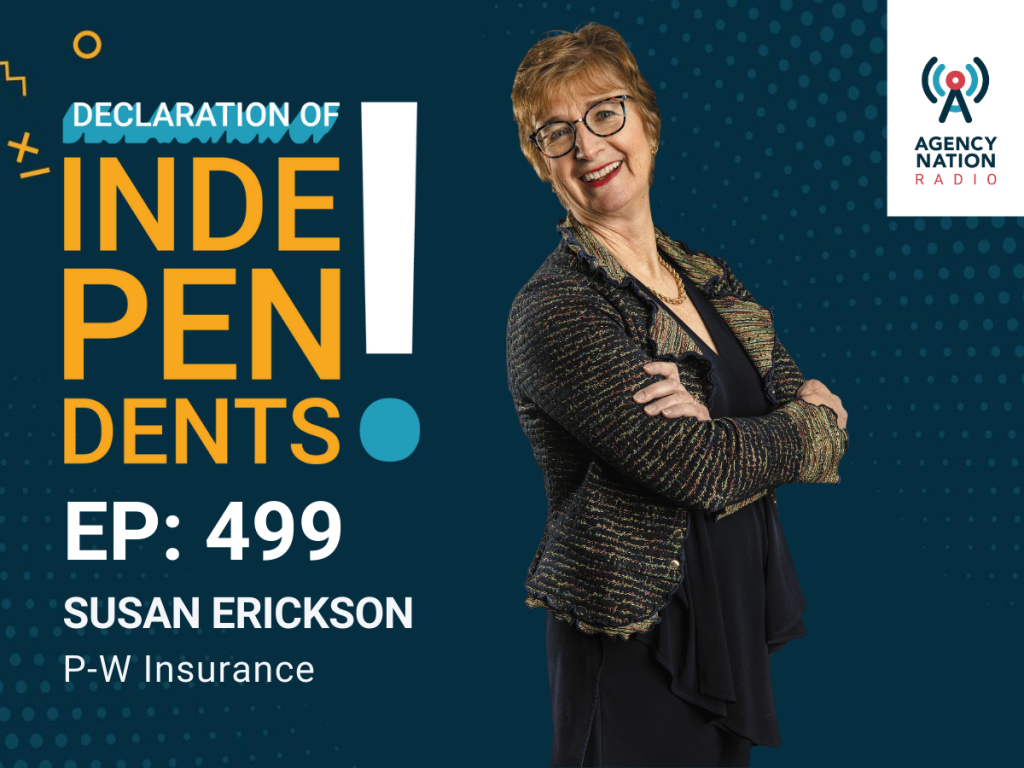How Agents Can Assist D&O Clients as Risk Complexities Change

In the first quarter of 2021, the directors & officers insurance market hit a notable peak, with premiums skyrocketing to 4.7 times their levels in the first quarter of 2018, according to a report by Woodruff Sawyer. Fast forward to the second quarter of 2024 and premiums had declined to 1.9 times the 2018 baseline, a level not seen since 2019, the report said.
But in the third quarter of 2024, the market seems to be in another state of transition. “There are stark differences between the hard market of 2019 to 2022 versus the soft market conditions we’re looking at now,” says Michael Theberge, professional lines producer at Jencap. “Pre-COVID was a time where there were all kinds of financial issues and carriers were taking extreme measures on their books, cutting limits and tightening up terms and conditions. Today we’re in the soft market where we have 50 to 60 markets that we can go to for coverage and capacity is overflowing.”
More on D&O
However, an increasingly complex environment may be leading to the end of the soft market. “We had three years of a hard market with a dramatic softening that came from 2022 to 2024, and now we’re seeing a flattening, showing signs of carrier fatigue—it was a very rapid race to the bottom,” says Jim Rizzo, product leader, U.S. D&O, executive risk, Beazley. “Carriers have recognized that we’re not at a sustainable pace to continue decreases resulting in more flat renewals and some increases coming through.”
For independent insurance agents operating in the D&O market, this is a prime time to identify these emerging trends and to raise awareness of changing exposures for their clients.
One factor driving the market includes increasing claims frequency and severity. “We had a little hiatus after the pandemic with a lull in claims frequency,” Rizzo says. “In 2024, there were 229 securities class action lawsuits, above the historic average of 209 filings. These are long tail claims, taking four to five years to understand severity.”
Agents looking to ensure clients have the coverage they need in a changing landscape “should focus on staying current with claims and loss trends to identify key areas of concern,” says Ziad Kubursi, head of financial institutions, executive liability and transactional risk, The Hartford. “We recommend that these producers know their markets, what those markets offer, and how they compare in terms of coverage, pricing and services.”
A further component of the changing market is new technologies. Artificial intelligence (AI) is playing a role in all aspects of business and “carriers just don’t know how to evaluate it quite yet, because it’s ever changing,” Theberge says. “Carriers could become very weary of that going forward and could change their underwriting guidelines and appetite.”
And as clients rely on and use AI more frequently, agents should discuss the necessity to disclose both the extent and the scope of its use by both directors and officers in their oversight role.

Register for the 2025 Big ‘I’ Fall Leadership Conference
Further, the macroeconomic impact from the most recently introduced tariffs on imports could put pressure on the D&O market as companies face increasing prices and uncertainty.
For agents, “highlighting the breadth of their offerings and what they can bring to the table beyond providing a policy, such as helping to proactively manage and mitigate exposures before an event happens, is a key function,” Kubursi says.
As factors driving the market are ever changing, agents can continue to add value to their D&O clients. “D&O is often the most nuanced and least expensive coverage, but it has the attention of the C-suite,” says Tim Foody, executive lines practice leader, Risk Placement Services (RPS). “In this competitive landscape, getting a stock quote off the shelf isn’t going to be the best available option in the market. When you can articulate why certain coverages are meaningful to the buyer, you’ll have a long-term client who views you not as an option, but as an essential partner.”
Olivia Overman is IA content editor.











